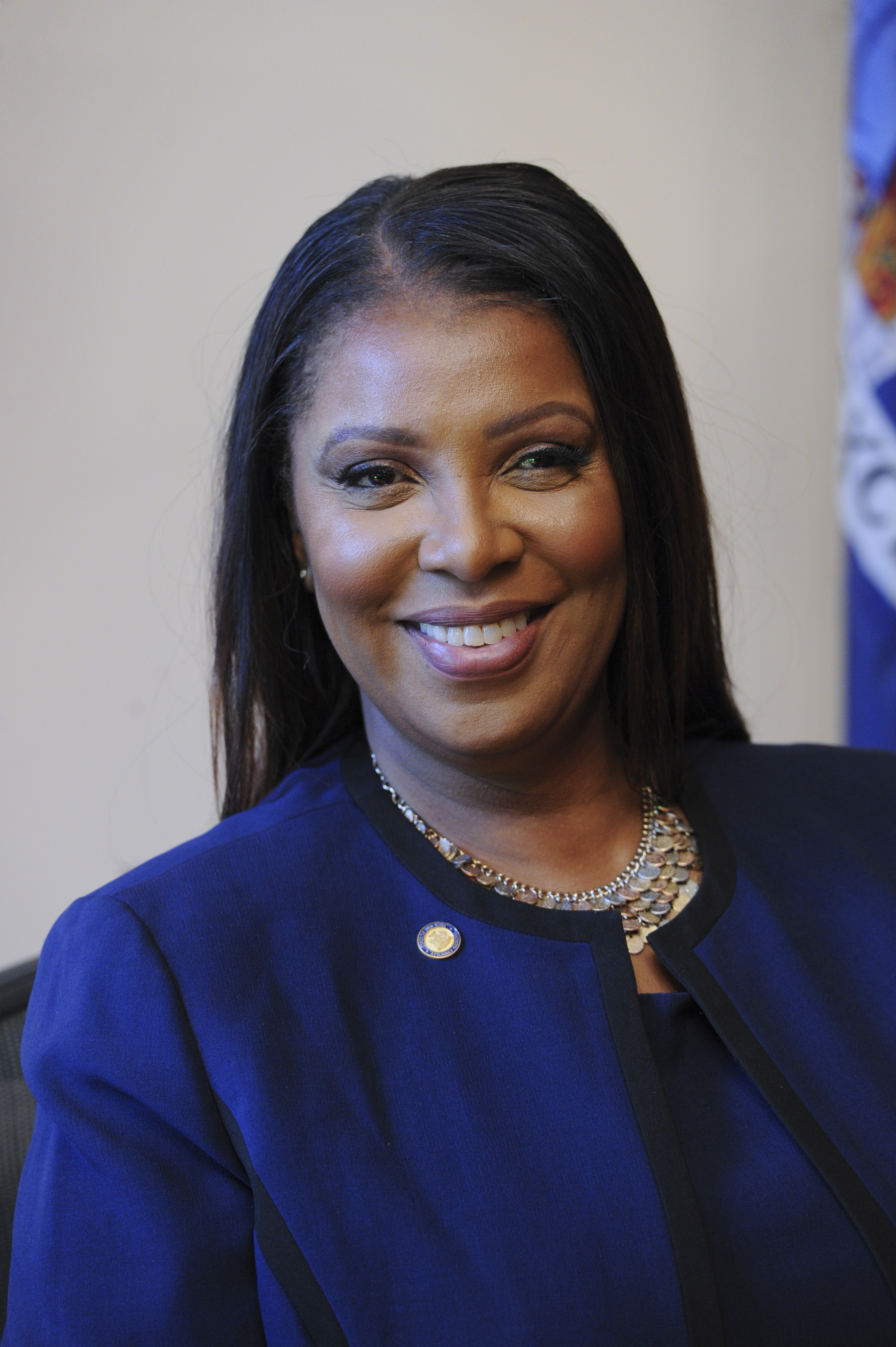Madison County among counties sharing $4.7 million from $112.7 million settlement with JUUL; money earmarked to help quitting and support anti-vaping programs
New York Attorney General Letitia James announced more than $4.7 million will be distributed across Central New York from a historic $462 million multistate settlement secured from JUUL Labs, Inc., for its role in the youth vaping epidemic that led to a dangerous rise in underage e-cigarette use nationwide.
Madison County will receive $396,519.43, and Onondaga-Cortland-Madison Board of Cooperative Educational Services will receive $857,352.80.
New York state will receive a total of $112.7 million through this settlement, which James said will be distributed to every county, BOCES and the five largest cities in the state to support programs that will help reduce and prevent underage vaping.
“Like the big tech companies that have fueled a mental health crisis among young people with their addictive products, JUUL marketed its dangerous and addictive vapes to children, putting millions at risk,” said James. “Across our state, e-cigarette use among kids spiked after JUUL hit the market. I’m proud that my office ensured JUUL paid for the damage they did to young people. The funds we secured will help schools and communities in Central New York fight back against the youth vaping epidemic. I thank all of my partners in government for their partnership in this effort to protect our children.”
According to James, after JUUL launched in 2015, e-cigarette use among New York high school students skyrocketed. By 2019, the proliferation of vaping led to a national outbreak of severe vaping-related illnesses, with more than 2,500 hospitalizations. In October 2019, a 17-year-old male from the Bronx died due to a vaping-related illness, making him the first reported vaping-related fatality in New York, and the youngest vaping-related fatality in the United States.
In November 2019, James sued JUUL “…for its deceptive and misleading marketing that glamorized vaping and targeted young people. JUUL misled consumers about the nicotine content of its products, misrepresented the safety and therapeutic value of its products by stating that they were safer than cigarettes, and failed to prevent minors from purchasing its products in stores across the country.”
The settlement funds will be used to provide evidence-based services to combat underage vaping and e-cigarette addiction in five categories:
- Public education campaigns to prevent e-cigarette use among young people.
- Community, school, and university-based anti-vaping programs.
- Vaping cessation services in communities, schools, and colleges.
- Enforcement of vaping laws and regulations.
- Public health research into e-cigarette use among young people and the effectiveness of anti-vaping programs.
